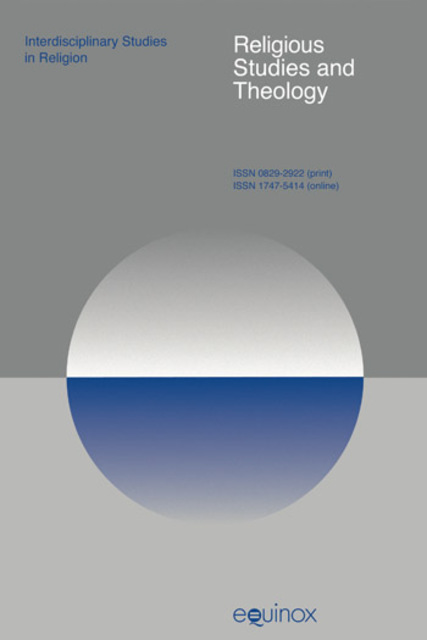Capable or Incapable? Disability and Justification in Martha Nussbaum’s Capabilities Approach

Buttrey, M. (2020). Capable or Incapable? Disability and Justification in Martha Nussbaum’s Capabilities Approach. Religious Studies and Theology, 39(2), 177–192. https://doi.org/10.1558/rsth.42125
Full description
This article evaluates Martha Nussbaum’s capabilities approach for its treatment of disability and philosophical grounding. A summary of Nussbaum’s claims on how her theory includes people with disabilities is followed by Eva Kittay’s demonstration that in Nussbaum’s approach exclusion results from the ambiguous role of human dignity. The argument then shows that Jean Porter’s appeals to virtue and human nature provide stronger philosophical grounding for making judgments about human flourishing than Nussbaum’s non-metaphysical liberalism, insufficient to account for her theory of capabilities. While Porter’s account of human nature does not escape Shane Clifton and Hans Reinders’ concerns about the exclusion of people with disabilities from the human ideal, her and John Berkman’s recovery of Thomistic ideas of infused virtue and grace do provide a more inclusive concept of the human telos.
- typeImage
- created on
- file formatjpeg
- file size31 KB
- container titleReligious Studies & Theology
- creatorMichael Buttrey
- issnISSN: 1747-5414 (online)
- issue39.2
- publisherEquinox Publishing Ltd.
- publisher placeSheffield, United Kingdom
- rightsEquinox Publishing Ltd.
- doi
We use cookies to analyze our traffic. Please decide if you are willing to accept cookies from our website. You can change this setting anytime in Privacy Settings.
